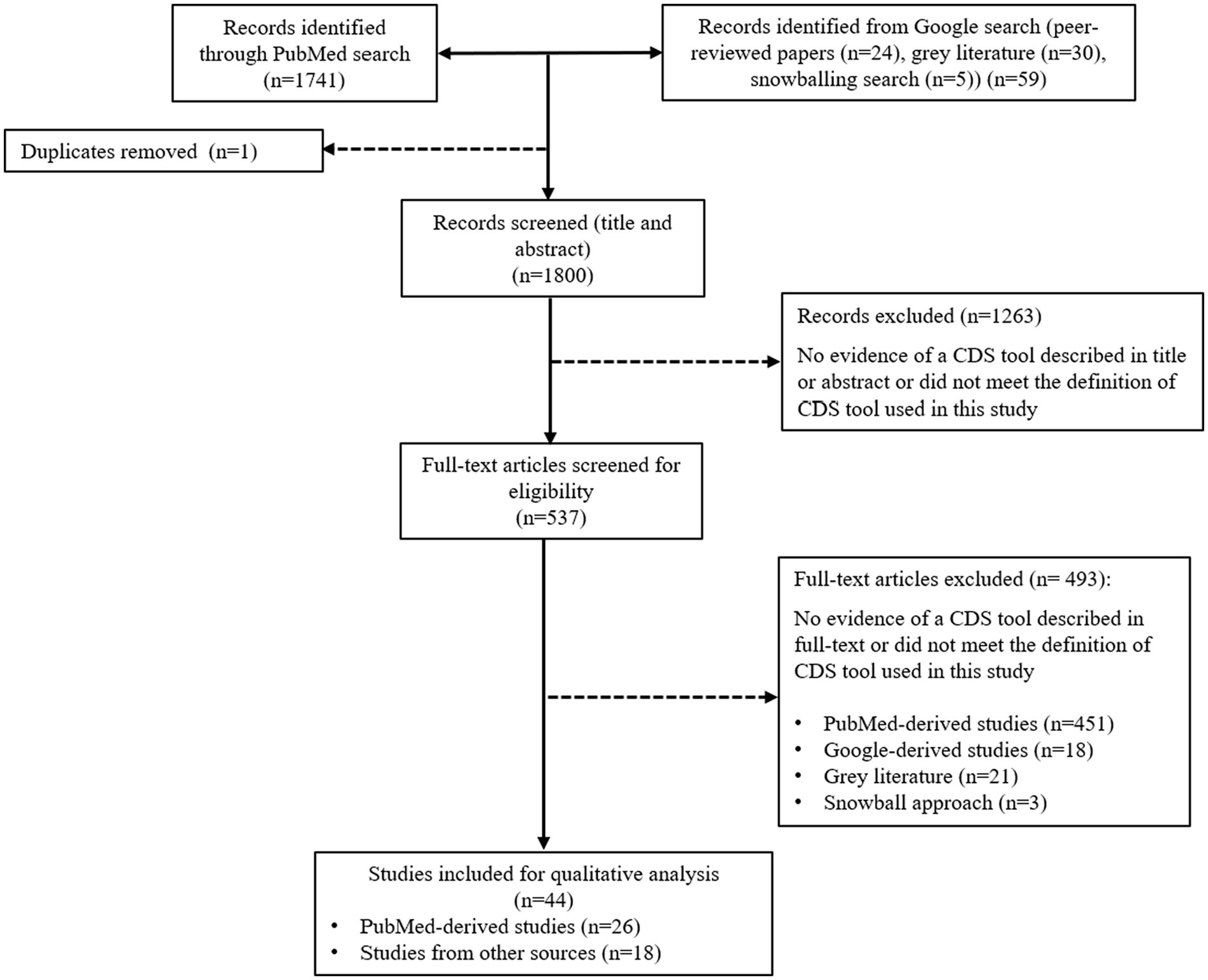When your pet needs specialized care, a veterinary laboratory plays a critical role in providing accurate diagnostics and treatment guidance.
From routine screenings to emergency diagnostics, veterinary labs help uncover hidden health issues, confirm diagnoses, and track treatment progress.
Whether you’re a pet parent searching for a “veterinary lab near me” or a veterinary professional looking for top-tier lab partners, this guide will provide expert insights and practical tips.
Understanding Veterinary Labs
These labs support veterinarians by providing critical diagnostic insights that can’t be seen during a physical exam alone.
Larger labs may also offer molecular diagnostics, genetic screening, and advanced pathology services.
Regardless of size or setup, these labs play an essential role in helping veterinarians diagnose conditions early, tailor treatments, and monitor recovery effectively.

Understanding Veterinary Lab Diagnostics
Veterinary laboratories perform a wide range of tests that help veterinarians evaluate an animal’s health.
For more specialized diagnostics, veterinary labs offer cytology (examining cells under a microscope), biopsies, hormone level testing (such as thyroid or cortisol), and infectious disease panels.
Whether a veterinarian mais informacoes sobre isto is confirming diabetes, diagnosing cancer, or screening for zoonotic diseases, a reliable veterinary lab ensures the right data is available for informed decisions.
Locating a Veterinary Laboratory in Your Area
Searching for a “veterinary lab near me” can feel overwhelming, but a few strategies can simplify the process.
Look for labs certified by organizations like the American Association of Veterinary Laboratory Diagnosticians (AAVLD), which ensures high-quality standards.
Choosing the right local lab ensures quick turnaround, reliable results, and peace of mind.

Standard vs. Emergency Veterinary Laboratories
Not all veterinary labs operate the same way.
They maintain specialized staff and equipment ready for fast turnaround on urgent tests.
For non-urgent screenings, wellness panels, or follow-up testing, standard labs are usually sufficient.
Why Veterinary Diagnostics Matter for Your Pet’s Health
Without accurate diagnostics, treatment plans may miss the mark, potentially delaying recovery or worsening outcomes.
In chronic cases, regular lab monitoring ensures medications remain effective and side effects are minimized.
Ultimately, investing in proper veterinary diagnostics is an investment in your pet’s well-being.
Conclusion: Choosing the Right Veterinary Lab for Your Pet
Whether you need routine bloodwork, specialized diagnostic panels, or emergency testing, the lab you choose plays a crucial role in guiding your veterinarian’s decisions.
The combination of expert veterinary care and reliable diagnostics is what keeps pets healthier, longer.
As veterinary medicine continues to evolve, so do the diagnostic tools available to monitor and protect your pet’s health.
Your Veterinary Lab Questions Answered
What is a veterinary diagnostic lab?
These labs support veterinarians by providing accurate, fast diagnostic information essential for proper care.
How do I find a veterinary lab near me?
You can also search online directories or check with veterinary associations to find accredited labs in your area.
What emergencies require urgent lab testing?
If your pet experiences sudden, severe symptoms—such as collapse, poisoning, or acute injury—a 24-hour veterinary lab can provide rapid diagnostics to support emergency treatment.
What are common veterinary diagnostic services?
These tests help detect infections, organ issues, cancers, and metabolic diseases.
How much do veterinary lab tests cost?
Routine bloodwork may range from $50–$200, while specialized or emergency tests can cost more.